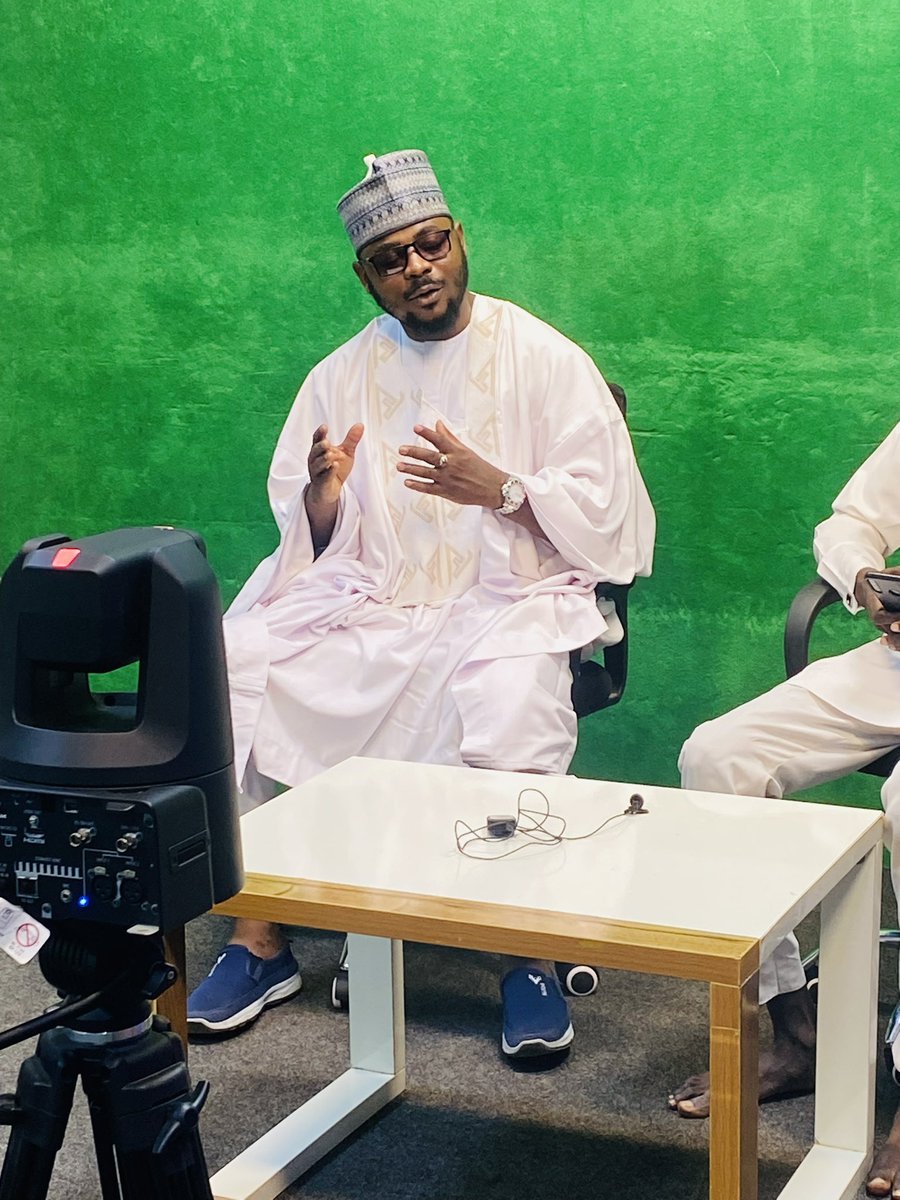This is a story that still breaks my heart, and it will likely break yours too. A story of greed so reckless that it strangled the future of a nation before it even had the chance to breathe.
Years ago, during one of the United Nations General Assembly (UNGA) meetings, we hosted a high-profile side event titled “Elevating Nigeria’s Infrastructural Capacity.” The hall was packed with Nigeria’s economic heavyweights: Aliko Dangote, Jim Ovia, Tony Elumelu, the Minister of Power, then-Senate President Bukola Saraki, and several governors accompanying the President.
On the international side, industry giants like Calpine, GE Electric, and Russian energy companies were also in attendance. It was there I first met Wale Tinubu, a man of few words but noticeable humility.
If you know GE Electric, you know their pedigree in power generation. After the summit, I arranged a private consultation between GE and one Nigerian governor. GE had struggled for years to enter Nigeria through the federal route but met constant resistance. This time, they were open to working directly with a state.

Their proposal was nothing short of revolutionary:
- Build an energy plant with a generation capacity of 120,000 MW, enough to power the entire country without interruption.
- GE would finance, build, operate, and maintain the plant.
- They would handle distribution and rent collection.
- After 25 years, they would hand everything over to the state.
- Cost to the state: zero.

It was a textbook public-private partnership, no loans, no national debt, just power and progress.
I was elated. The governor seemed equally excited, promising to present the proposal to his cabinet once back home.
Then silence.
A week passed — no word. Two weeks — still nothing. Finally, the governor’s Chief of Staff called: “The Governor says he’ll sign the deal, but only if GE pays $10 million upfront.”
Ten. Million. Dollars.
My stomach turned. U.S. companies, especially after the Halliburton scandal, cannot offer bribes without risking prison. GE refused — but offered a cleaner alternative: the governor could receive shareholding in the project, legally and transparently.
When I relayed the alternative, the governor exploded. He hung up and told me never to call again. I flew to Nigeria to plead in person. He was “too busy” — not with governance, but with chasing after other people’s wives.
And that was how a deal that could have rewritten Nigeria’s energy story died.

What We Lost
For context:
- JFK International Airport (New York) operates a cogeneration plant that produces 110 MW. That single airport can export energy to the national grid.
- LAX (Los Angeles) consumes an average of 21.3 MW, peaking at 35 MW.
- London Heathrow averages 22.8 MW, peaking at 40 MW.
These are airports, not cities or states.
Nigeria’s entire installed electricity capacity is 13,625 MW, with only about 4,850 MW actually available at any time due to corruption, decay, and fuel shortages. From 1999 till now, we have poured over $80 billion into the energy sector, most of it stolen.
If this deal had gone through, that one state could be exporting power today. That plant could have triggered a chain reaction of energy investments, unleashing industrial and economic transformation.

The Real Problem
Nigeria’s tragedy is not the absence of solutions or competent people. It is the hijacking of governance by soulless men in agbada; creatures of greed who despise the very people they are meant to serve.
One governor’s selfish demand for $10 million did not just rob his state — it robbed a nation of light, jobs, and hope.
And it is not just politicians. We also have a class of “influencers”; Judas-like enablers, who hide their complicity behind data charts by day while collecting Ghana-Must-Go bags by night. They sell the future of 200 million people for contracts, photo-ops, and petty access.

The Call
Do not tell me Nigeria cannot be fixed. With the right leadership, two years is enough to lay an unshakable foundation for transformation.
The revolution has already begun, in conversations like this, in the courage to name names, and in the refusal to stay silent. Every word of truth is a seed. Every exposure of corruption loosens their grip on our nation’s soul.
It will take rage. It will take clarity. Above all, it will take courage.
So keep speaking. Keep naming them. Keep breaking the silence.
And tell every defender of mediocrity this:
A New Nigeria is possible.




